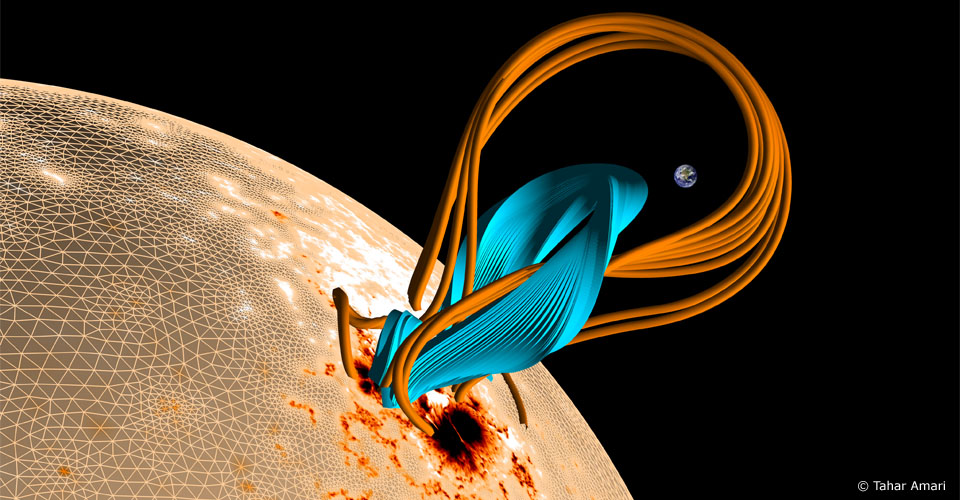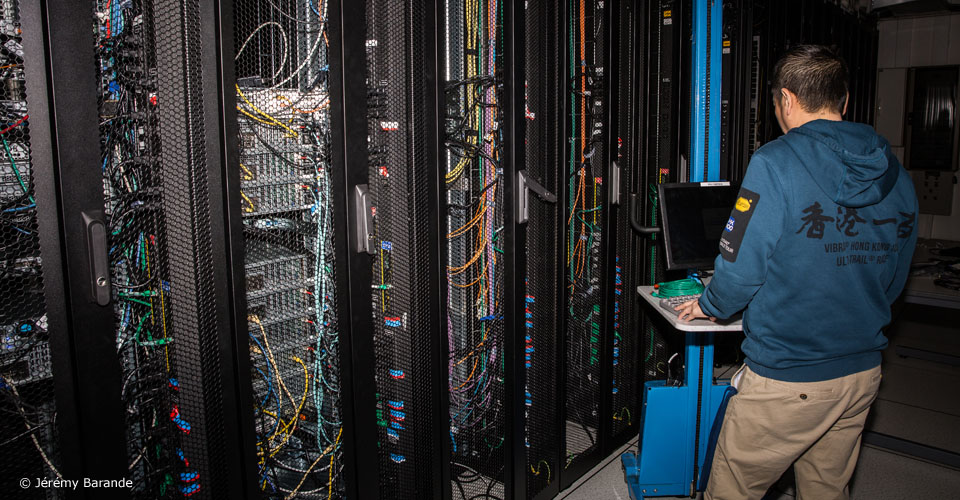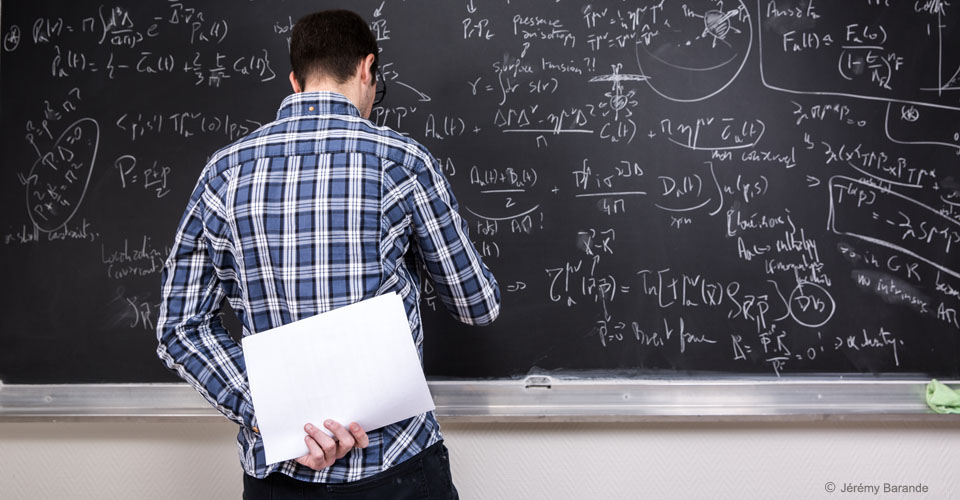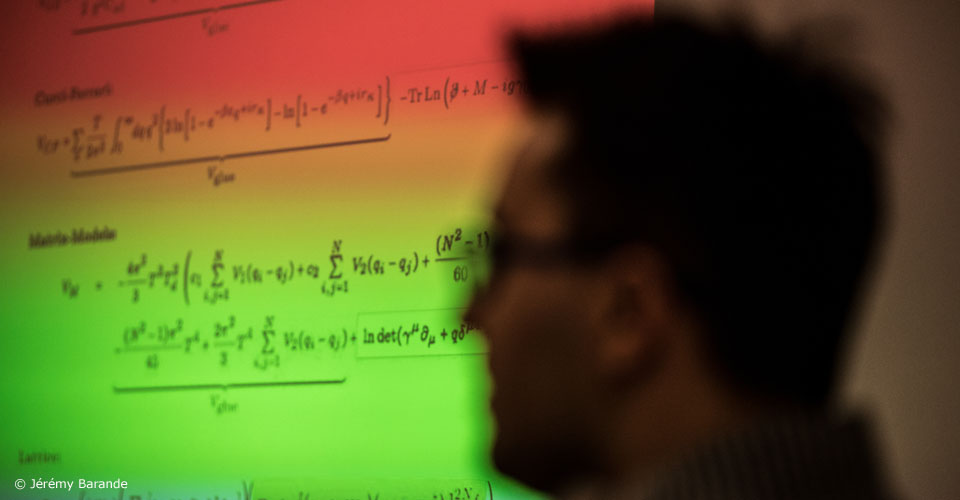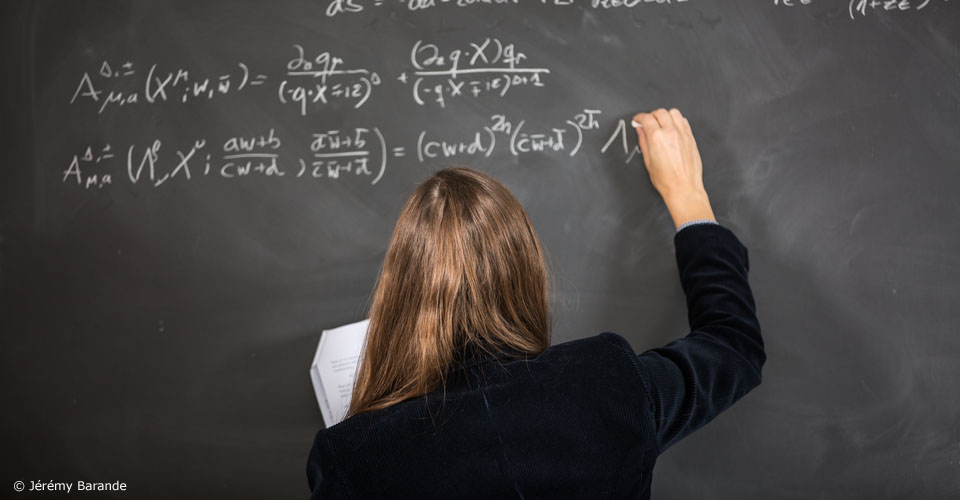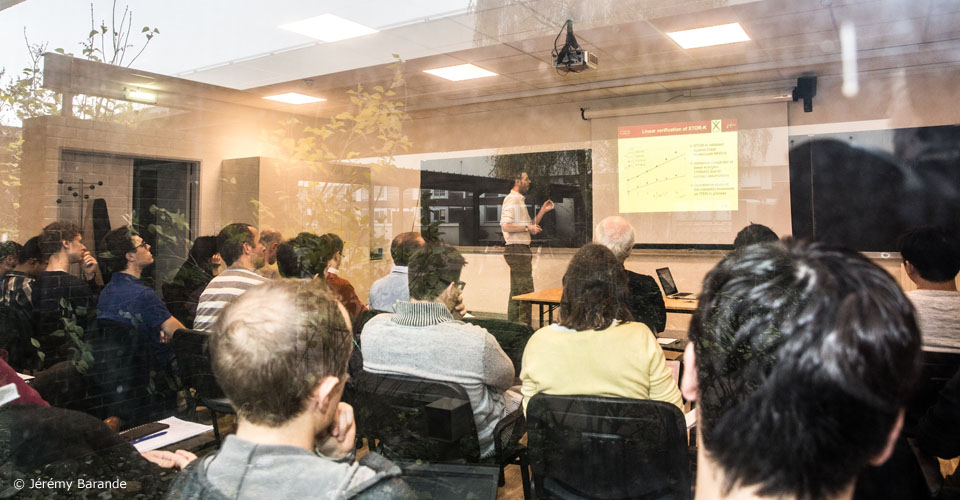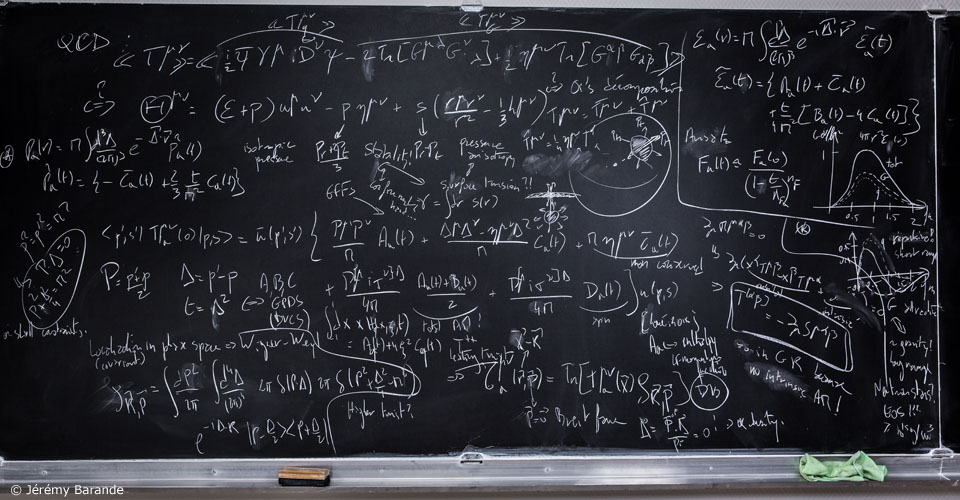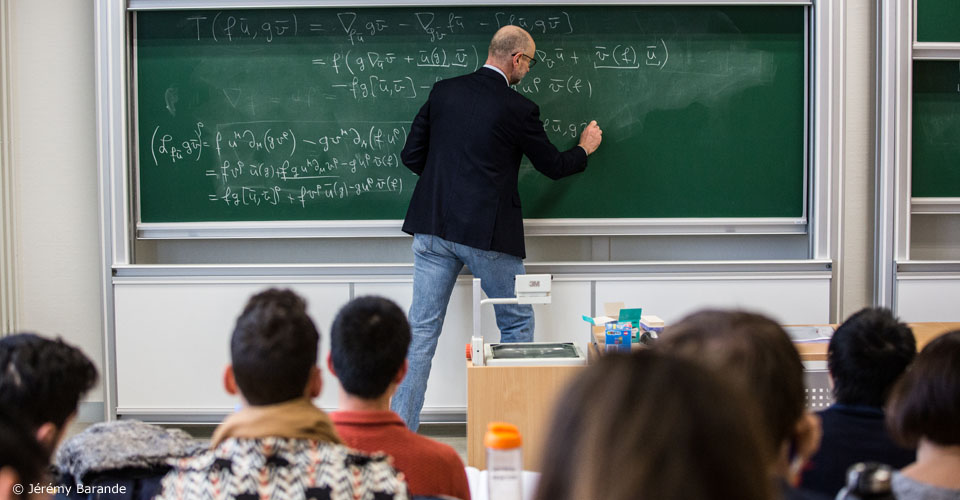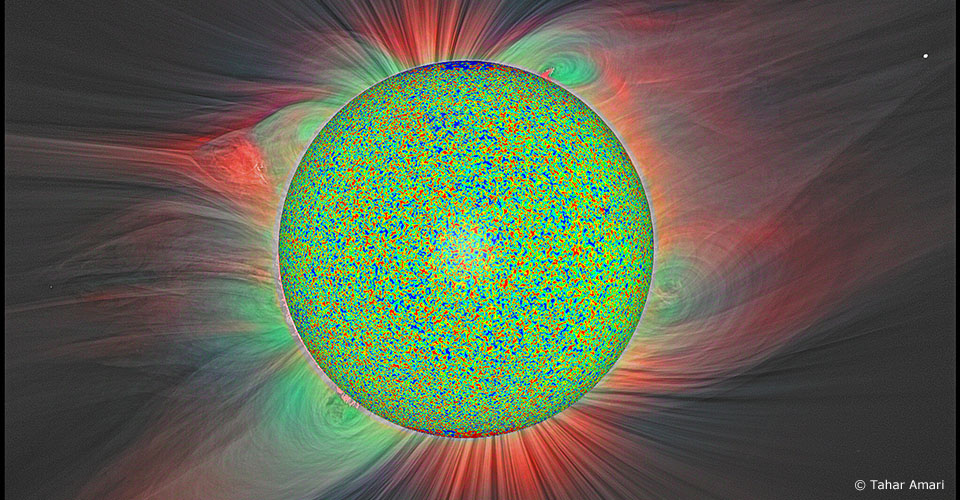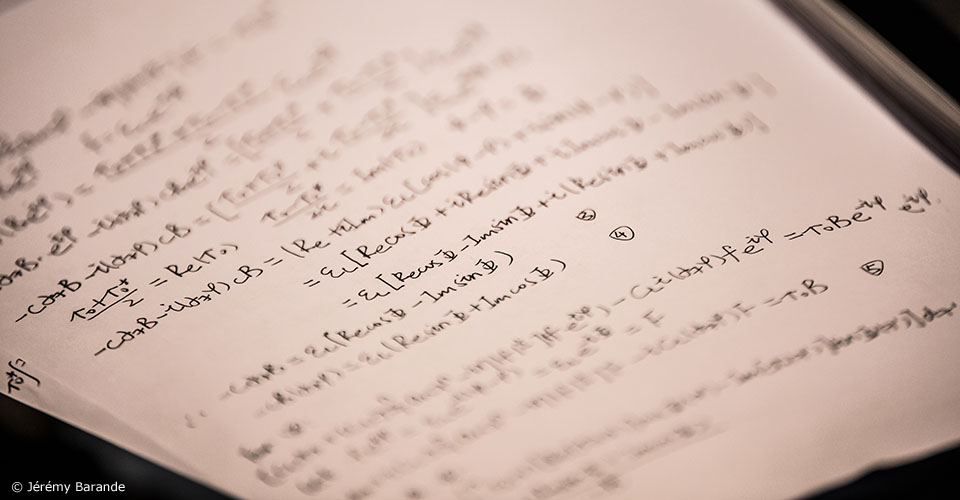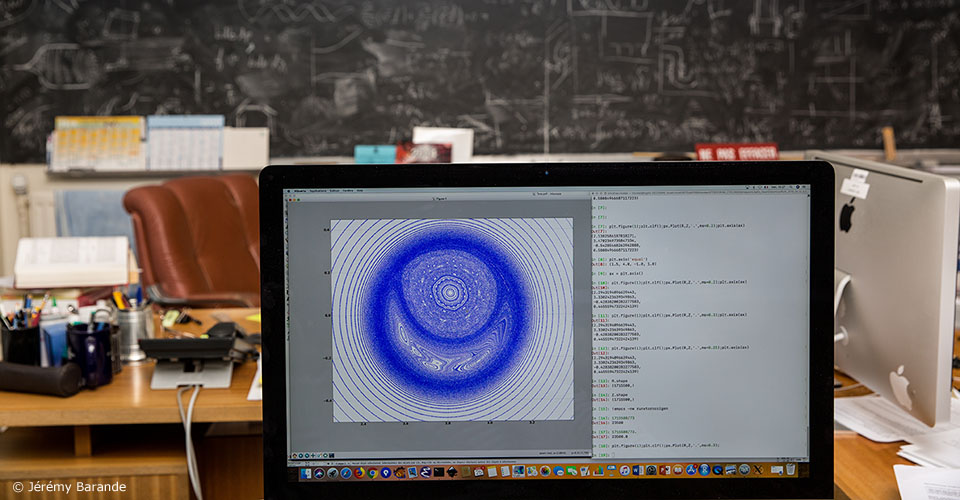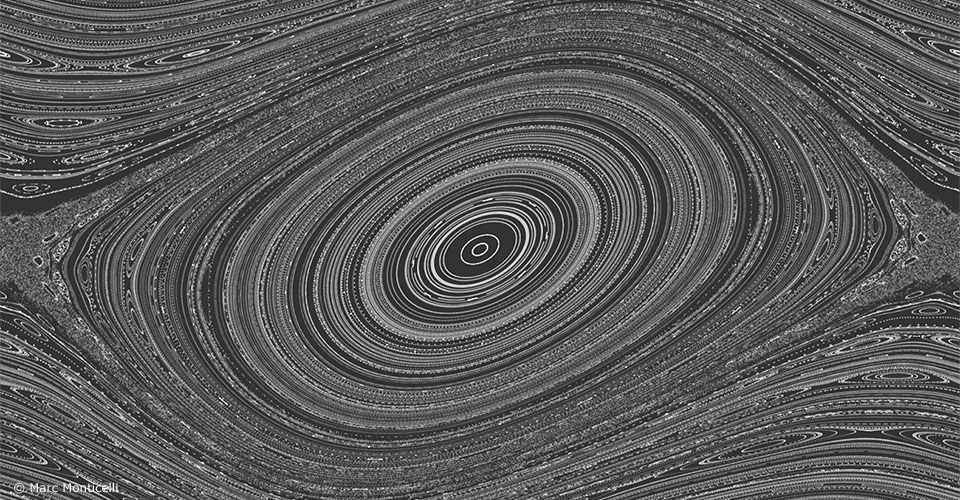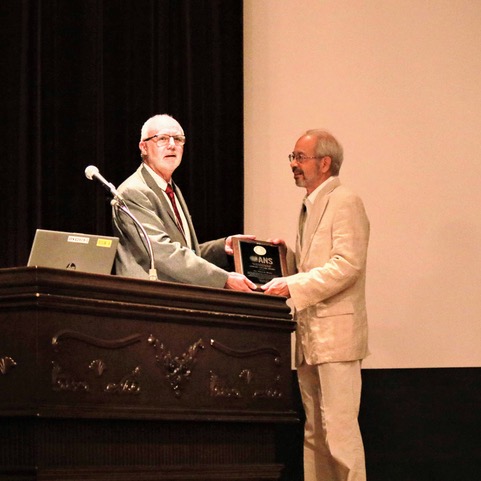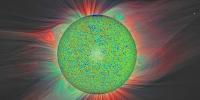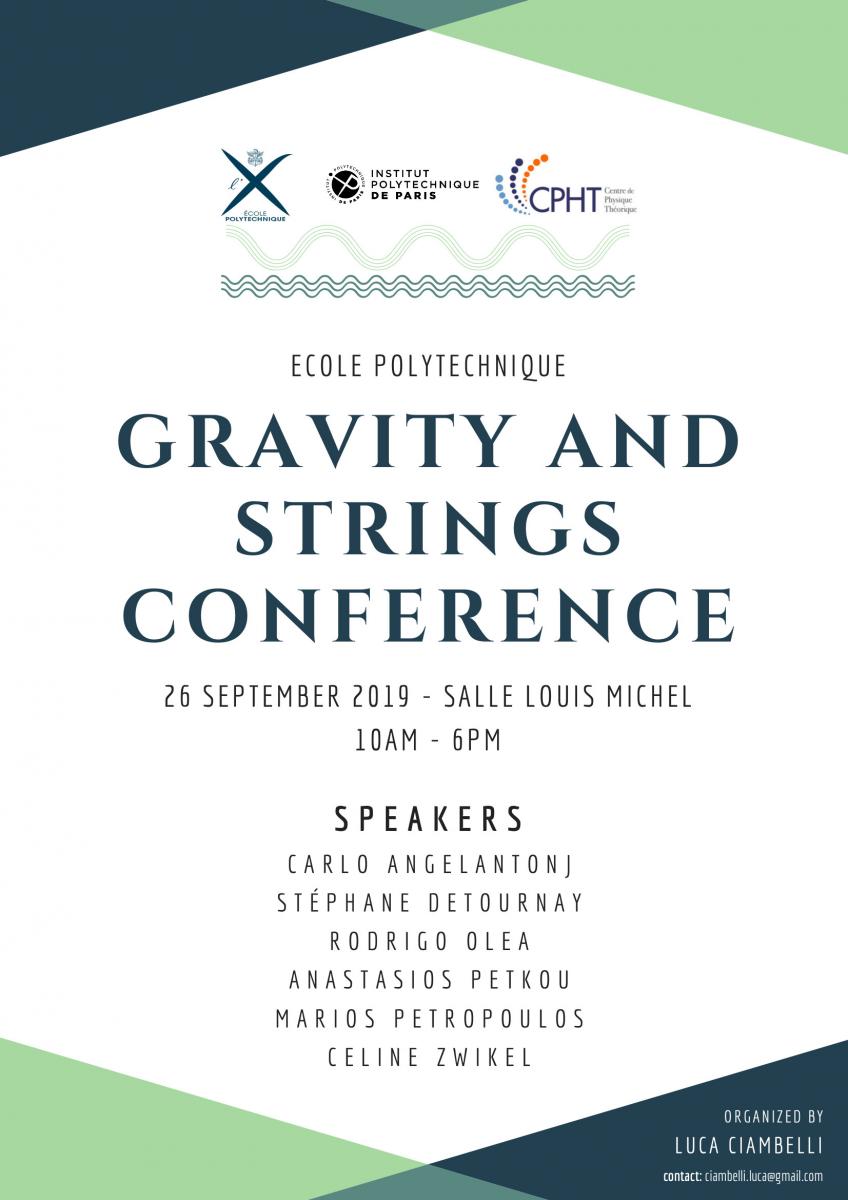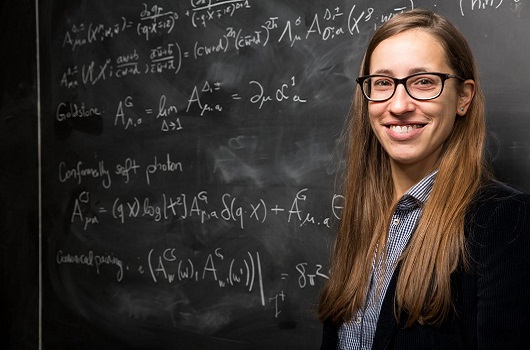Antoine Georges et Gabriel Kotliar lauréats du prix Aneesur Rahman de physique numérique 2020
Professeur au Collège de France, directeur du Centre de physique quantique numérique du Flatiron Institute, Antoine Georges (X1980) est également professeur à l’École polytechnique et chercheur au Centre de Physique Théorique.
Gabriel Kotliar est Professeur à l'Université de Rutgers (New Jersey).
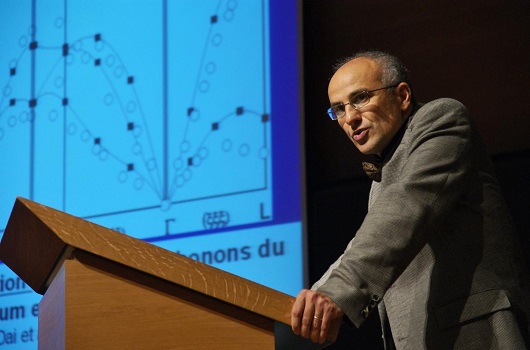
Le prix Aneesur Rahman est décerné depuis 1993 par la Société américaine de physique en reconnaissance de réalisations exceptionnelles dans le domaine de la physique numérique.
Ce prix récompense le travail d'Antoine Georges et de Gabriel Kotliar dans le développement de l’approche théorique du champ moyen dynamique, laquelle a permis des avancées décisives dans la compréhension des matériaux à forte corrélation quantique, typiquement les oxydes de cuivre supraconducteurs et les matériaux nano-structurés.
Plus d'informations : Actualité de l'Ecole polytechnique

